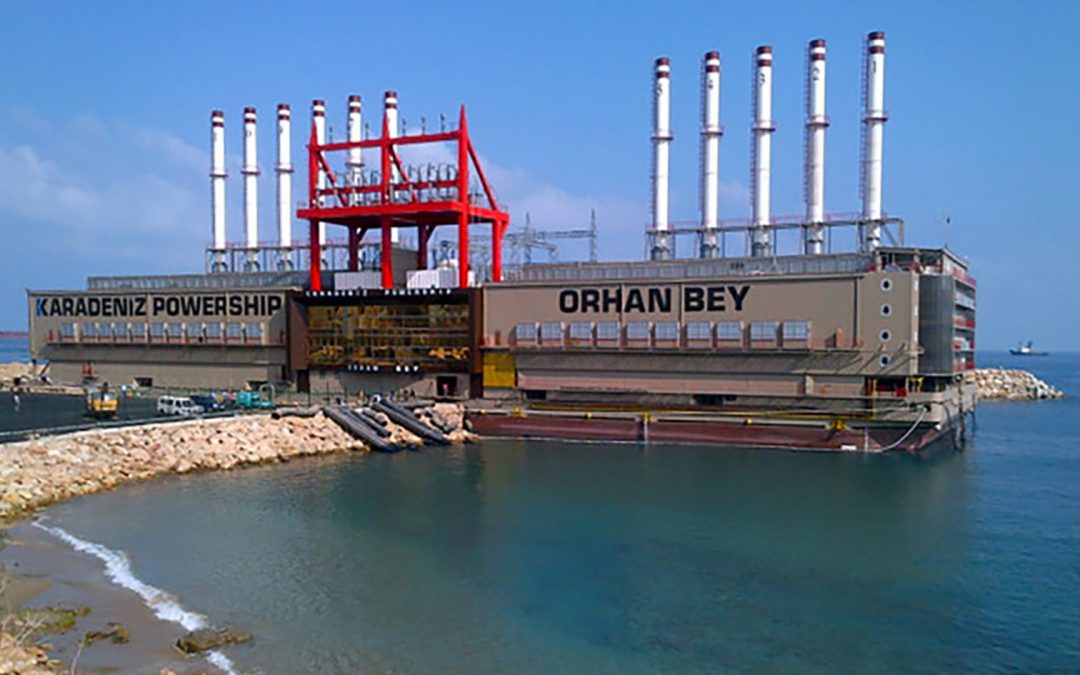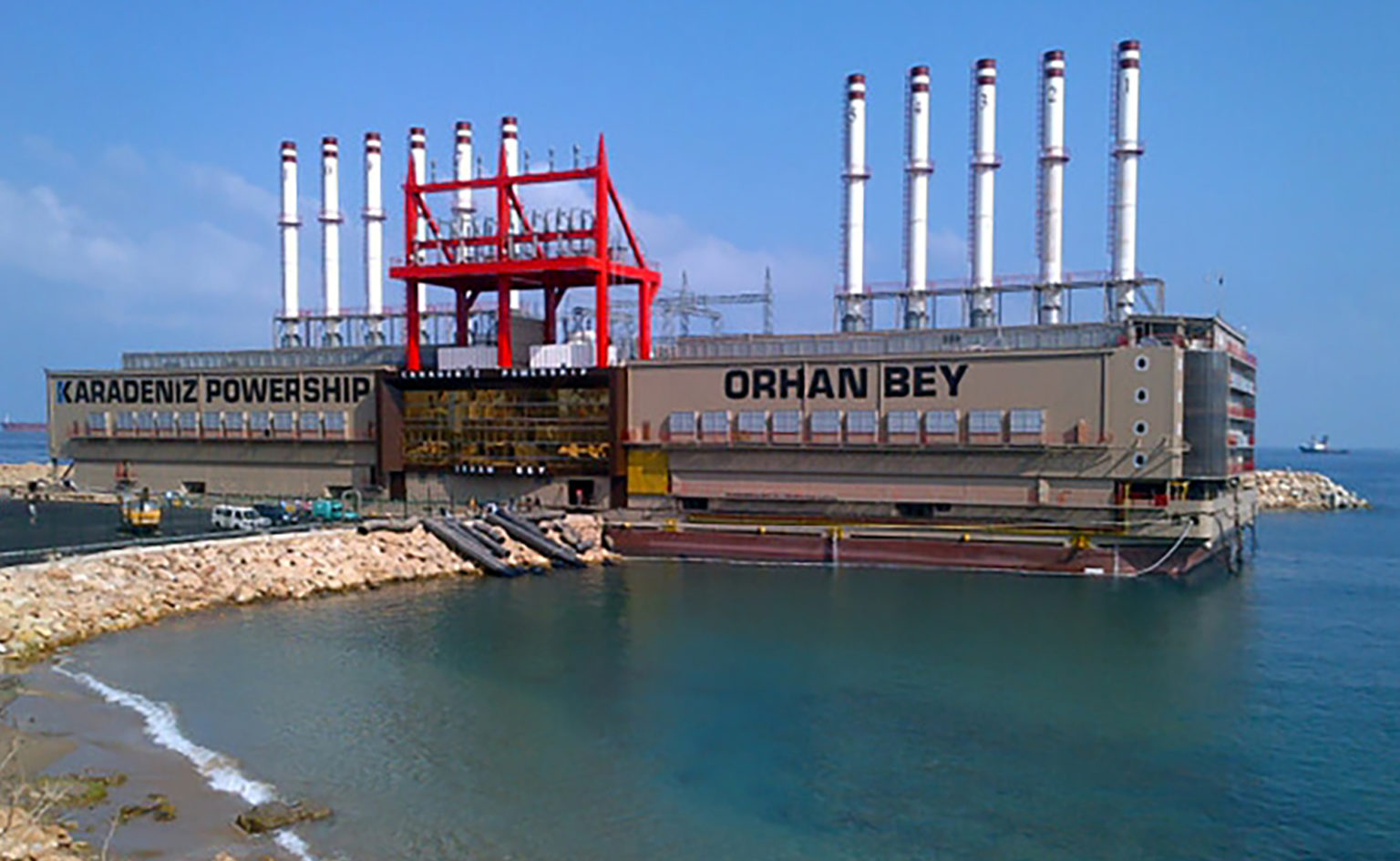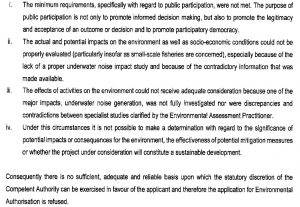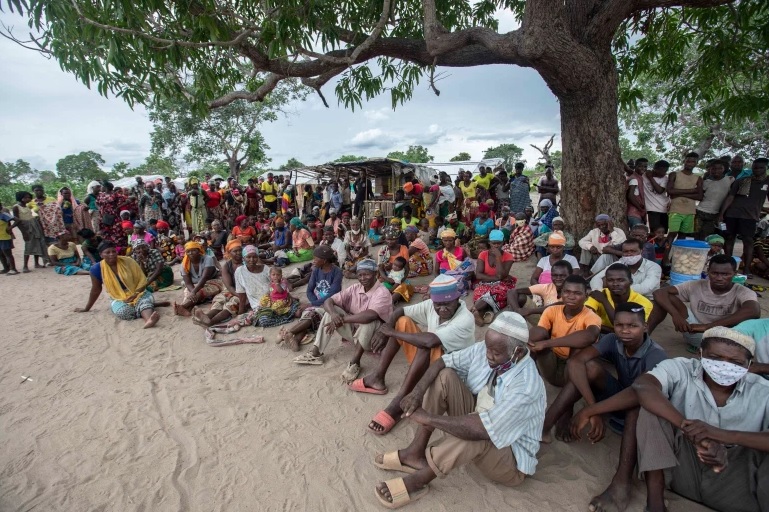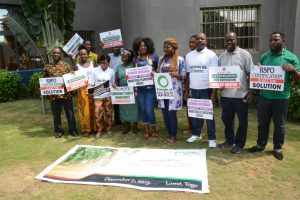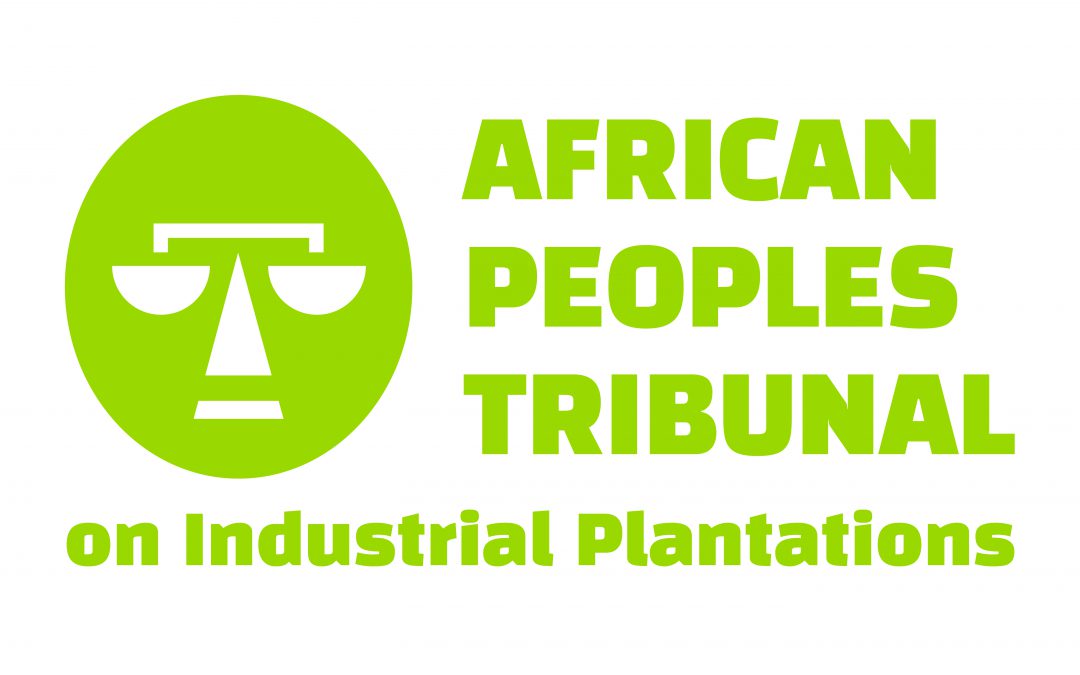The AU has stood by as Mozambique aggressively represses journalists covering the violence in the north.
On April 7, 2020, Ibrahimo Abu Mbaruco, a reporter for the Palma Community Radio in Mozambique’s northernmost province Cabo Delgado, left work for home at about 6pm and shortly after texted a colleague to say he was “surrounded by soldiers”. He has not been heard from since.
For years, Mbaruco has been covering the violence in Cabo Delgado, where armed groups have been terrorising civilians since 2017. The violence has left hundreds dead and forced more than 565,000 people to flee their homes and villages.
Sadly, Mbaruco’s story is not an anomaly. Many local journalists reporting on the violence, and its links to Cabo Delgado’s $50bn multinational liquefied natural gas (LNG) industry, have been subjected to random arrests, unlawful detentions, torture and assaults by Mozambique’s military and police since 2018. Just a month before Mbaruco’s encounter with “soldiers”, another local journalist, Roberto Abdala, had disappeared in the same region.
The international community did not pay much attention to the plight of journalists in Mozambique until the government targeted a Western journalist working in the country. On February 16, British journalist Tom Bowker, who has been covering the violence in Cabo Delgado as the editor of Maputo-based news website Zitamar, announced on social media he has been expelled from Mozambique, and banned from entering the country for 10 years “for political reasons”.
The Mozambique government argued Bowker was expelled merely due to “legal discrepancies” around Zitamar’s status and denied his assertion that he has been targeted because of his journalism. Nevertheless, Bowker’s ordeal made headlines across the world and brought some much-needed attention to the abundant human rights and press freedom violations in the region.
Media persecution is not new to Mozambique. November 2020 marked the 20th anniversary of journalist Carlos Cardoso’s assassination over his investigation of a major financial scandal involving several influential names including the son of then-President Joaquim Chissano. However, the attacks on journalists and attempts to intimidate them into silence gained an unprecedented pace in recent years. Since 2015, Mozambique has dropped 19 places on Reporters Without Borders’ (RSF) Press Freedom Index.
The Mozambican constitution has provisions for freedom of expression, freedom of the press and the right to information, aimed at protecting journalists and citizens from state persecution. But Cabo Delgado’s natural resources are precious to those in power, and they are willing to ignore their constitutional duty to protect press freedom to continue benefitting from the region.
Not only transnational fossil fuel giants, private banking institutions and foreign security firms, but also many Mozambican elites hold stakes in the province’s lucrative gas industry. This means anyone raising inconvenient truths and asking questions about the possible links between the industry and the ongoing violence is a threat to their interests.
Journalists can only safely report on the region if they agree to tow the government’s line – that the violence is a simple case of “foreign Islamist terrorists” trying to gain a foothold in Mozambique. The truth, of course, is not that simple.
Since the discovery of a vast quantity of natural gas off the coast of Cabo Delgado in 2010, transnational energy giants all but took over the province. Thus far, more than 550 families have been displaced from their lands and fishing grounds to make way for the Afungi LNG Park which will house onshore support facilities for industry players in Africa’s three biggest LNG projects – Mozambique LNG led by Total, Coral LNG led by Eni, and ExxonMobil and Rovuma LNG led by ExxonMobil.
The locals were initially promised jobs in the LNG industry, but these promises by the state and the energy companies did not materialise. As a result, those who have been displaced and lost their livelihoods because of the construction project grew angry and frustrated. They have been forced to watch international corporations and foreigners benefit from the lands they once called home as they struggled to make a living. Moreover, the Mozambican government neglected them and focussed, instead, on pleasing the foreign investors. All this stirred anti-government sentiment in local communities and created a breeding ground for extremism.
The Mozambican army’s actions in the region exacerbated the problem. It has been used by the state to protect the interests of the gas industry in Cabo Delgado and has committed human rights abuses in the process. In its 2021 World Report, Human Rights Watch said the state’s security forces have been implicated in grave human rights violations during “counterterrorism operations” in Cabo Delgado, “including arbitrary arrests, abductions, torture of detainees, excessive force against unarmed civilians, intimidation and extrajudicial executions”.
These abuses, however, have not been covered widely by the international media and local journalists faced severe intimidation attempts whenever they tried to expose the links between the gas industry, the state, the military and the ongoing violence in the province.
A March 2020 report by journalist Matias Guente published in Canal de Moçambique, a newspaper critical of the state, for example, alleged that Anadarko, the now non-existent US company that led the Mozambique LNG project before Total, had paid the government to deploy more soldiers to the area to protect its interests. Guente also alleged that this money did not go into the state coffers as it should have, but was deposited into the personal bank account of the then minister of defence, Atanásio Salvador Ntumuke.
The government, as expected, reacted to the report with fury. In June 2020, Guente, alongside Canal de Moçambique’s executive director, Fernando Veloso, were charged with “violation of state secrecy” and “conspiracy against the state” for publishing the article. In August, the newspaper’s offices were petrol-bombed. Canal de Moçambique had faced this intimidation before – another of its journalists who regularly reported on state corruption, Ericino de Salema, was kidnapped in March 2018 in Maputo, beaten and left unconscious on the side of a road.
Today, people in Cabo Delgado are suffering not only because of the massive LNG projects on their lands and armed groups attacking them, but also because of their government’s apparent decision to prioritise private interests over their wellbeing. The relentless oppression of the media is sending them a clear message: Anyone who attempts to tell what is happening in Cabo Delgado to the outside world will be punished. As a result, many of them are now too scared to speak out, even anonymously, to human rights organisations.
The efforts by the state and the gas industry to hide what is happening in Cabo Delgado from the world has not been fully successful. Some crucial information has managed to come out in the open through social media. In September 2020, videos and pictures emerged showing torture and other ill-treatment of civilians by Mozambican soldiers and armed fighters in Cabo Delgado. Also in September, a video showed men in army uniform beating and summarily executing a naked woman. The Mozambique military called the video footage “shocking and disturbing” in an official statement, but did not confirm or deny that the men in the video were soldiers. Later, rather than working to bring those responsible for these atrocities to justice, the state carried out arbitrary arrests of civilians that it suspected of sharing these images and videos.
The majority of incidents of media oppression in Mozambique have been extrajudicial. But with no other states, or international bodies such as the African Union (AU) calling it out, the government is acting with impunity.
Not a single leader in the region or around the world, for example, issued a statement in January 2019 when Amade Abubacar and Germano Adriano, journalists from Nacedje Community Radio in Cabo Delgado, were arbitrarily arrested over their coverage of the violent attacks in the region and accused of “inciting the public using electronic media”. Both journalists were held for three months without facing any official charges. Amnesty International said Abubacar, who was critically ill during his detention, has been subjected to ill-treatment, “including denial of food, family visits and medical treatment”.
The world leaders and international bodies also did not say or do anything after journalists Ibrahimo Abu Mbaruco and Roberto Abdala disappeared last year. They also had no comment when Mateus Guente and many others like him were targeted for their journalism.
Just last month, AU Chairperson and South African President Cyril Ramaphosa gave a speech at the launch of the Digital Platform for Safety of Journalists in Africa and said: “We look to this digital platform to contribute to an enabling environment for the media to operate in AU member states through respect for the rights of journalists and media workers and an end to impunity for crimes against journalists.”
But as Ramaphosa and other leaders of the AU remain silent about the ongoing oppression of the media in Mozambique, such pledges to “end impunity for crimes against journalists in Africa” ring hollow. By continuing their friendly relations with Mozambique and investing in its gas industry, the AU leaders are enabling, normalising and even rewarding the state’s violent oppression of the media. Their silence makes it possible for extrajudicial disappearances, assaults and imprisonment to take place. At best, they are hypocrites. At worst, they are complicit in tyranny.
Friends of the Earth Mozambique/Justiça Ambiental
Friends of the Earth Mozambique/Justiça Ambiental

